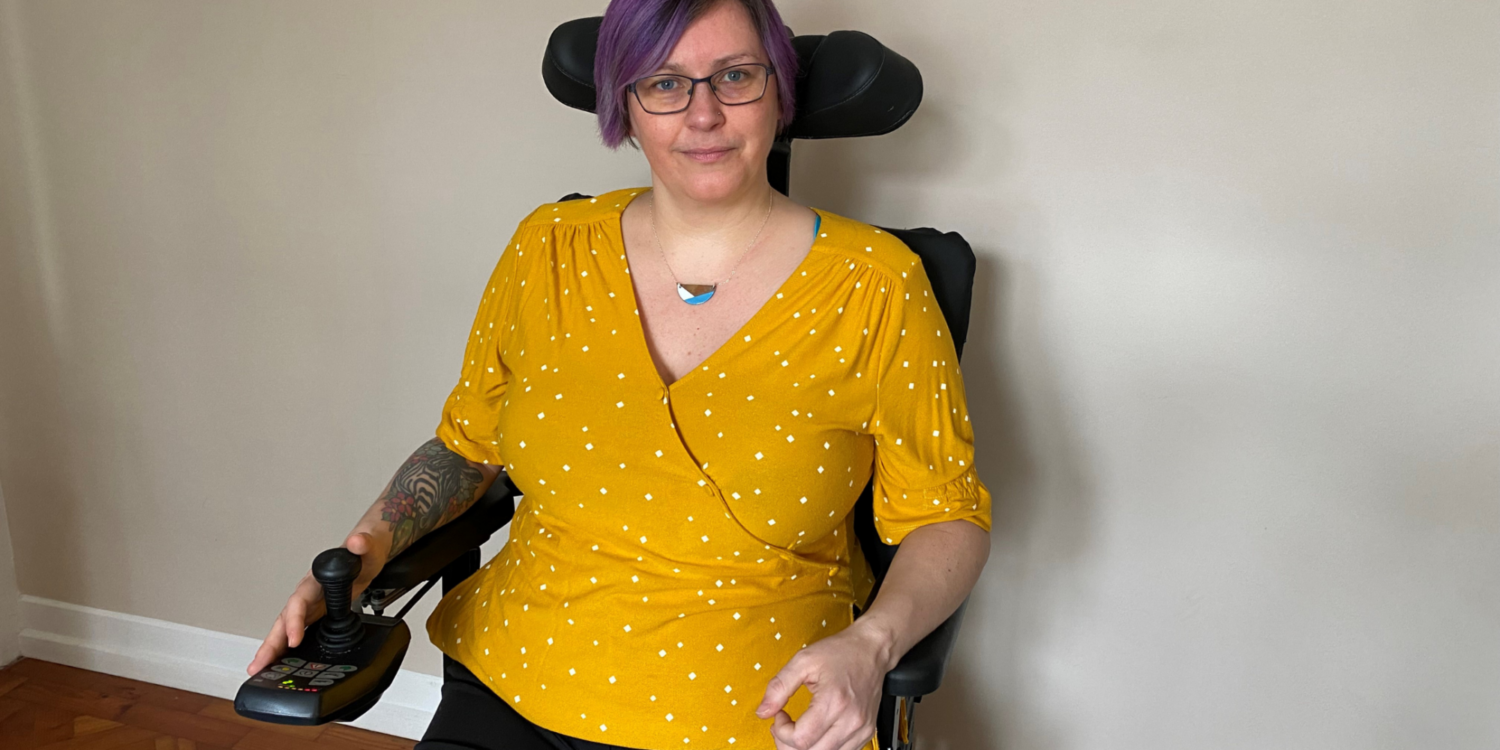Dr Aimee Grant discusses the differences Autistic people may experience when breastfeeding.
Dr Aimee Grant is a Senior Lecturer in Public Health and a Wellcome Trust Career Development Fellow. She is based in the Centre for Lactation, Infant Feeding and Translation (LIFT) at Swansea University. Aimee’s doctorate is in social policy (Cardiff University, 2011) and she has been researching pregnancy and infant feeding for the past decade, including working for the NHS as a Senior Health Promotion Practitioner.
From 2000-2006, I worked as a support worker for Autistic people in residential care. The way that Autistic people were described in the training I received made it clear to me that Autistic people were completely different to “us” staff, and that I could never be Autistic. However, in 2019, fifteen years after my Dyslexia diagnosis, I was diagnosed as Autistic.
Autism is a lifelong Disability, associated with differences in sensory processing, communication and social interaction. Historically rates of diagnosis for women have been low, and that still impacts the people who come through maternity services today.
When I joined LIFT at Swansea University in 2021, I knew that I wanted to find out more about Autistic people’s maternity experiences. I started reviewing the existing literature on Autistic birthing parents’ infant feeding experiences and I found relatively little research had been done. The existing studies mostly pointed out sensory challenges of breastfeeding, although Autistic parents told me that this wasn’t a complete picture; that the positive experiences weren’t coming through strongly enough.
As such, in 2022 I invited Autistic birthing parents to complete a survey, and almost 200 Autistic people told me about their maternity experiences. I found that the vast majority of parents who breastfed were determined to breastfeed, even if they encountered problems. In addition to this almost half found breastfeeding enjoyable or positive always or most of the time. However, we found that they often had inadequate information, or felt that their questions weren’t answered by staff.
For this reason, I worked with Autistic UK and Autistic Parents UK to come up with a way to fill some of the information gaps for Autistic parents. We developed the “Autistic pregnancy, birth and beyond: your questions answered” resources: a suite of over 100 videos, some of which are now available on the Autism from menstruation to menopause YouTube channel with more being added in the next few months. All of the content was created by Autistic people. This included a range of Autistic maternity professionals: midwives, lactation consultants, an occupational therapist and an anesthetist to name a few, who created short videos on topics that Autistic people wanted to know more about. Alongside this, Autistic parents told us about their experiences of specific parts of the maternity journey.
We hope that these resources will help Autistic parents to feel better informed, but also that they will be a useful resource for those supporting Autistic people during the maternity period.
Please do feel free to share those resources with Autistic people you support, or any other people who would benefit from detailed explanations using clear and direct language. If you would like to find out more about Autism and the maternity period, please do visit the Maternity and Autism Research Group website, to find research, resources and to sign up for our newsletter.
Follow Dr Aimee Grant online at @DrAimeeGrant



